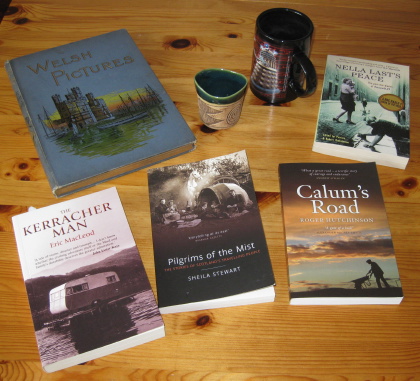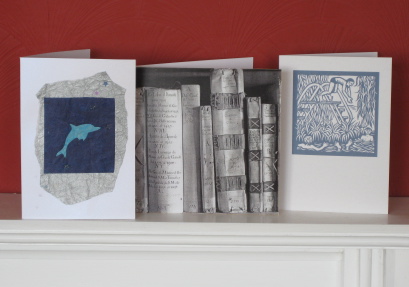 During the Holocaust the Nazi regime killed somewhere between 250,000 and 1,000,000 gypsies1, a greater proportion of the gypsy population than of the Jews.
During the Holocaust the Nazi regime killed somewhere between 250,000 and 1,000,000 gypsies1, a greater proportion of the gypsy population than of the Jews.
While the Jewish holocaust brought widespread sympathy (even if muted by Israeli actions now-a-days) and a recognition of the evil of anti-Semitism. However, prejudice and persecution of gypsies has if anything hardened. Since the Second World War, nomadic life styles in the UK have been made all but illegal by the banning of camping on common land that was accepted (albeit often reluctantly) in previous centuries. Legitimate camping has been made ever more difficult as gypsies are usually refused planning permission to buy their own land, and in recent years UK local authorities’ duty to provide at least some official camping places has been relaxed, meaning that in most parts of the country there is no legal place to stop.
 The front page of the Sunday Express reports the latest attempt to ‘crackdown’ on the ancient way of life of this people, turning what was until now civil prosecutions into criminal law. I had thought the Cameron-Clegg coalition we had elected had been between Conservative and Liberal parties, but it seems more like the BNP.
The front page of the Sunday Express reports the latest attempt to ‘crackdown’ on the ancient way of life of this people, turning what was until now civil prosecutions into criminal law. I had thought the Cameron-Clegg coalition we had elected had been between Conservative and Liberal parties, but it seems more like the BNP.
Britain, and we are not alone, is still seeking to finish the work that Hitler started.
- Because gypsies were often off record, it is harder to obtain the exact number, hence the wide variation. For more details, see “Gypsies in the Holocaust” at the Jewish Virtual Library and Porajmos (the devouring) at Wikipedia[back]


